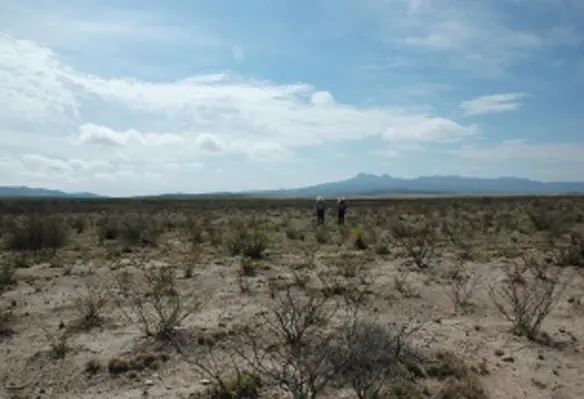With the approval of the government of Afghanistan, the Republic of Korea and the Food and Agriculture Organisation of the United Nations (FAO) have joined forces to provide emergency assistance to about 5,800 drought-affected vulnerable farming families in two of the worst drought-affected provinces, Ghor and Badghis
Under the terms of this new agreement, rural families in the most drought-affected areas are expected to benefit from the project which will improve their food security through distribution of agriculture inputs such as certified seed and fertilisers and home gardening tools.
They will also receive training on improved agriculture practices and ways to prepare for, and mitigate the effects of, climate and weather-related disasters.
The project will be implemented by FAO in close collaboration with the Ministry of Agriculture, Irrigation and Livestock (MAIL). The project is supported by the Government of the Republic of Korea, which has provided funding of US$1mn for its implementation.
“Food Insecurity is one of the most pressing challenges in Afghanistan and the agricultural assistance project is expected to contribute to improved access to nutritious food as well as to better livelihoods. In addition, it will allow many to choose to stay at their hometowns who would otherwise be displaced,” said Zha Hyoung Rhee, ambassador of the Republic of Korea.
“Our main priority is to immediately address the needs of the most food insecure families in the areas worst affected by the drought and these two provinces are indeed among the worst affected ones. Our response in these provinces will help people enhance their resilience to shocks at the places of their origin and reduce the number of internally displaced people,” commented Rajendra Aryal, FAO representative in Afghanistan and FAO staff.




